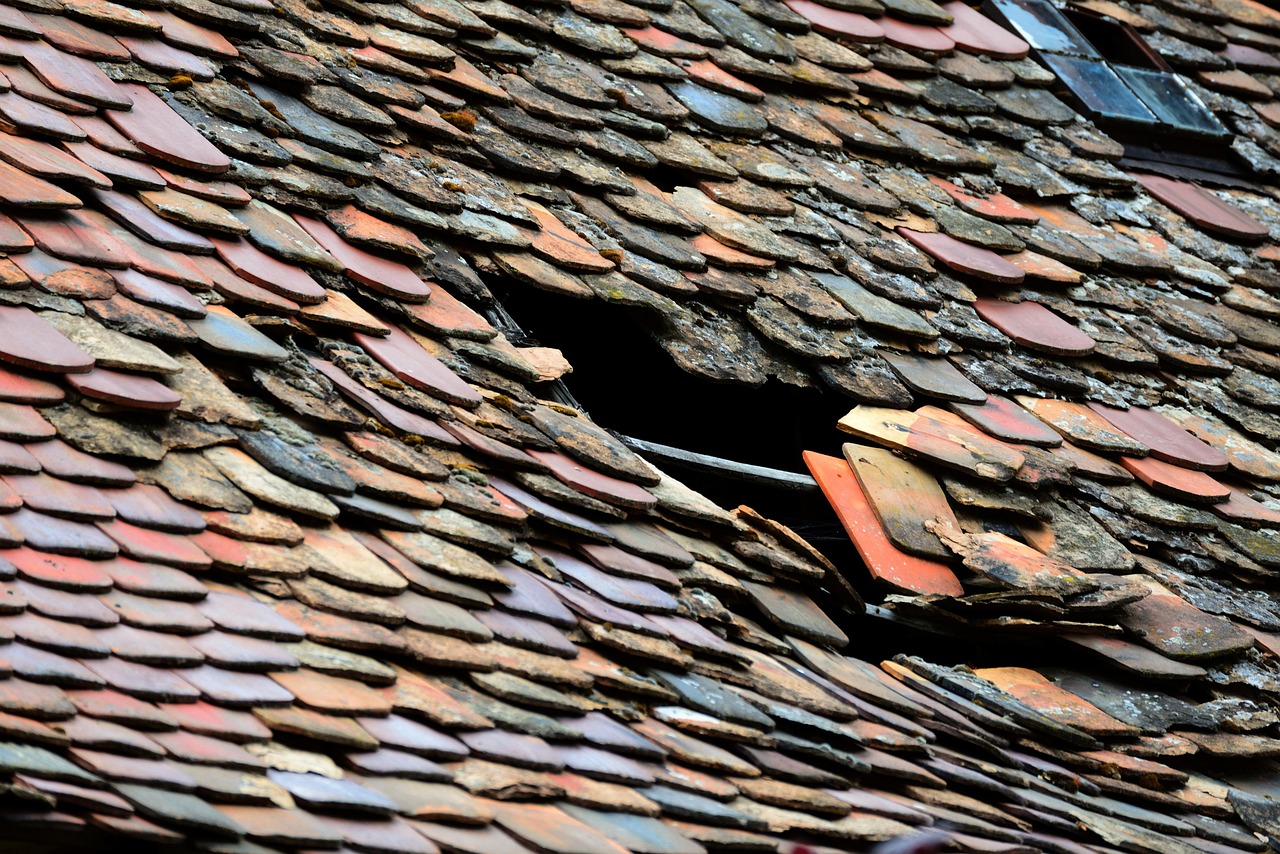Texas doesn’t require roofing contractors to be licensed—but that doesn’t mean you should hire just anyone. Here’s how to find the right pro for your home, especially if you live in storm-prone areas like Galveston or South Houston.

Let's say you spot a water stain on your ceiling—just a small one. Maybe it's nothing. Or maybe it's the first warning sign of a much bigger roofing issue hiding overhead.
With roof repair costs surging 30% across the U.S. (hitting nearly $31 billion in 2024), it's no longer safe to wait and see. But finding a qualified in Texas—where no state license is legally required—comes with its own challenges.
So, how do you separate trustworthy pros from fly-by-night storm chasers? Start here.
In Texas, roofing contractors don't need to be licensed by the state. That means anyone with a truck and a business card can call themselves a roofer.
However, the Roofing Contractors Association of Texas (RCAT) offers a voluntary license program that sets higher standards. To earn RCAT certification, contractors must:
Always ask to see proof of general liability and workers' compensation insurance. These cover potential damages or injuries during the job—and protect you from being held financially responsible.
Without it, a simple accident could turn into a costly lawsuit. A trustworthy contractor will have this documentation ready to go.
Storm season isn't just a date on the calendar in Texas. Along the Gulf Coast, wind and hail damage claims jumped from 17% to 25% between 2022 and 2024.
Coastal climates bring unique roofing challenges: saltwater corrosion, high humidity, and hurricane-level winds that can tear through traditional roofing systems. That's why it pays to choose a contractor with experience in coastal conditions—not just general roofing work.
Licensed or not, a serious contractor should be well-versed in OSHA safety standards and local building codes. Don't be afraid to ask:
Professionals who stay compliant typically offer better workmanship—and greater peace of mind.
In areas without strict licensing laws, consumer vigilance is everything. Here's what to look out for:
Roof damage from storms often leads to insurance claims—but managing that process solo can be overwhelming. Some contractors, like Galveston County Roofing, work directly with adjusters to provide clear documentation and support fair claims.
That kind of guidance can make a big difference when time and paperwork are critical.
Affordability doesn't have to mean cutting corners. Experienced contractors will walk you through the scope of work, help you prioritize repairs, and use durable materials suited for coastal wear and tear—from salt exposure to high winds.
A good roofer won't rush you. They'll give you options, explain what's urgent (and what's not), and let you make informed decisions.
Your home deserves more than a patch job. If you live along the Gulf Coast and need a second opinion or , consider speaking with a roofing specialist experienced in Texas' coastal challenges.
